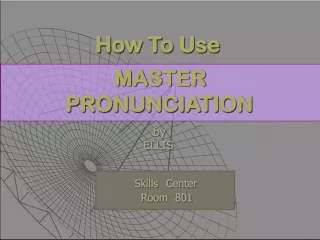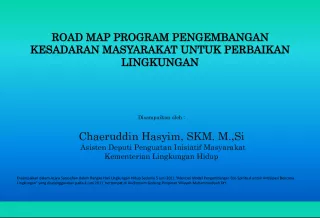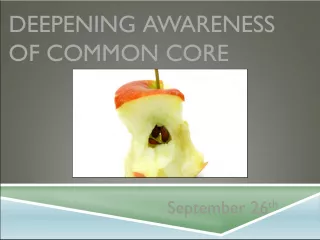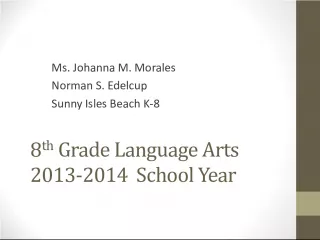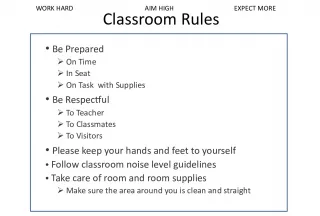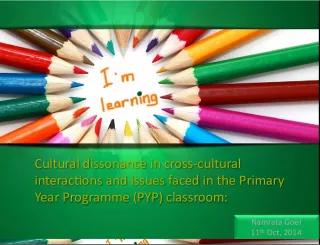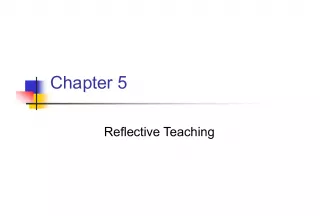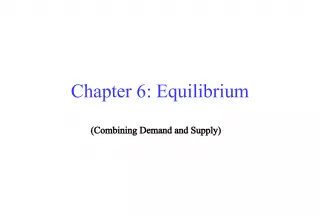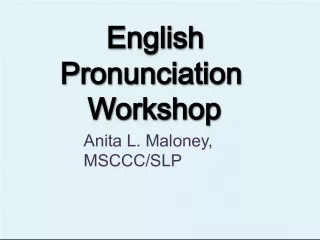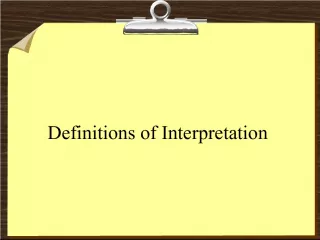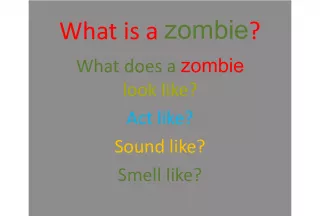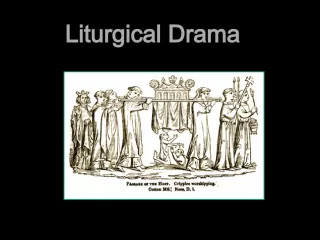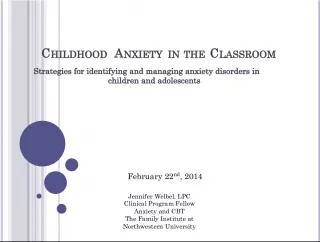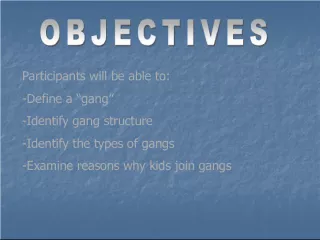Phonological Awareness: Bringing the Sounds into the Classroom
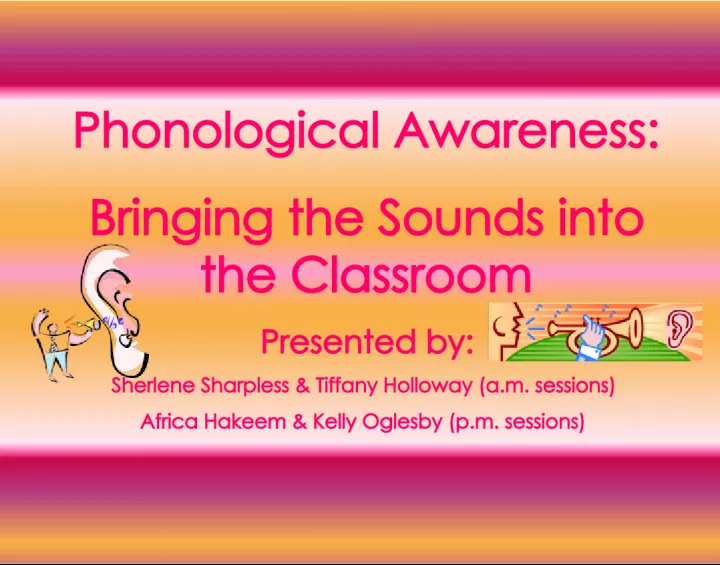

Sherlene Sharpless and Tiffany Holloway will be presenting a session on Phonological Awareness in the AM sessions, while Africa Hakeem and Kelly Oglesby will take on
- Uploaded on | 1 Views
-
 neilacaldeira
neilacaldeira
About Phonological Awareness: Bringing the Sounds into the Classroom
PowerPoint presentation about 'Phonological Awareness: Bringing the Sounds into the Classroom'. This presentation describes the topic on Sherlene Sharpless and Tiffany Holloway will be presenting a session on Phonological Awareness in the AM sessions, while Africa Hakeem and Kelly Oglesby will take on. The key topics included in this slideshow are . Download this presentation absolutely free.
Presentation Transcript
Slide1Phonological Awareness:Bringing the Sounds into the Classroom Presented by: Sherlene Sharpless & Tiffany Holloway (a.m. sessions) Africa Hakeem & Kelly Oglesby (p.m. sessions)
Slide2Please makesure all cell phones are turned to silent and/or vibrate.
Slide3Let’s Use Our Time Wisely!1. Welcome and greet 2. The “Big Five” of Reading 3. What is Phonological Awareness? 4. Phonological Awareness vs. Phonics 5. Make-n-Take - 5 items for your classroom: 1. Initial Sound Card Games 2. Picture Match for Initial Consonant Game 3. Word Family Rhyme Game 4. A to Z Picture Cards 5. Letter Monster Activity
Slide4The Big Five of Reading1. Phonemic Awareness 2. Phonics 3. Fluency 4. Vocabulary 5. Comprehension These are considered the core elements of successful classroom reading instruction. The idea of a sixth component has been suggested due to it being the culmination of the first five. The suggested sixth component would be called Written Expression.
Slide5What is Phonological Awareness?Phonological Awareness is defined as one’s sensitivity to, or explicit awareness of, the phonological structure of words in one’s language. It encompasses an awareness of individual words in sentences, syllables, and onset and rime segments as well as awareness of individual phonemes in words. Phonological Awareness is considered an “umbrella” or broad term, which covers aspects of sound identification and manipulation in spoken language. Activities in Phonological Awareness are based on a progression of skill difficulty (i.e., rhyme, alliteration, sentence segmentation, syllable, onset and rime, and phonemes). The goal of Phonological Awareness instruction is to develop an awareness that words are composed of individual sounds, or phonemes, and to develop the ability to manipulate sounds in words.
Slide6RhymeStudents practice recognizing and producing words that rhyme. Alliteration Students practice repeating and producing alliterative phrases. Sentence Segmentation Students practice segmenting sentences into words. Syllables Students practice blending and segmenting syllables in words. Onset and Rime Students practice identifying the initial consonant or consonants (onset) and the vowel and any consonants that follow it (rime). Phonemes Students practice blending, segmenting, manipulating, and deleting the individual phonemes (sounds) in words. Phonological Awareness Examples
Slide7http://free-reading.net/index.php?title=Most_co mmon_letter_sounds_%28audio_clips %29#a http://genkienglish.net/phonics.htm What are the correct sounds?
Slide8Phonological Awareness vs. PhonicsPhonics is the study of the relationship between letters and the sounds they represent; it is also used to describe reading instruction that teaches sound-symbol correspondences. The goal of Phonics instruction is to help children use the sound-symbol relationship to read and write words. Phonological awareness is an encompassing term that involves working with the sounds of language at the word, syllable, and phoneme level. Phonics is used to describe the skills and generalizations readers need to relate printed symbols back to the printed word. Phonological awareness is a more fundamental, underlying skill necessary for successful “phonics” skill development.
Slide9Activity #1
Slide10Activity #2
Slide11Activity #3
Slide12Activity #4
Slide13Activity #5Make sure you tape a baggie to the back of the open mouth so the kids can “feed” the monster as you sing along!
Slide14Website Resourceshttp://free-reading.net/index.php?title=Picture_cards http://www.fcrr.org/Curriculum/studentCenterActivities.htm http://www.edb.utexas.edu/readstrong/rhyming.html http://curry.edschool.virginia.edu/go/wil/rimes_and_rhymes.htm http://pbskids.org/lions/videos/ulcase.html
Slide15Did you sign-up for an extra activity?A little something for your classroom libraries!
Slide16Thank you for comingand please let us know if you need further ideas, support or resources.


